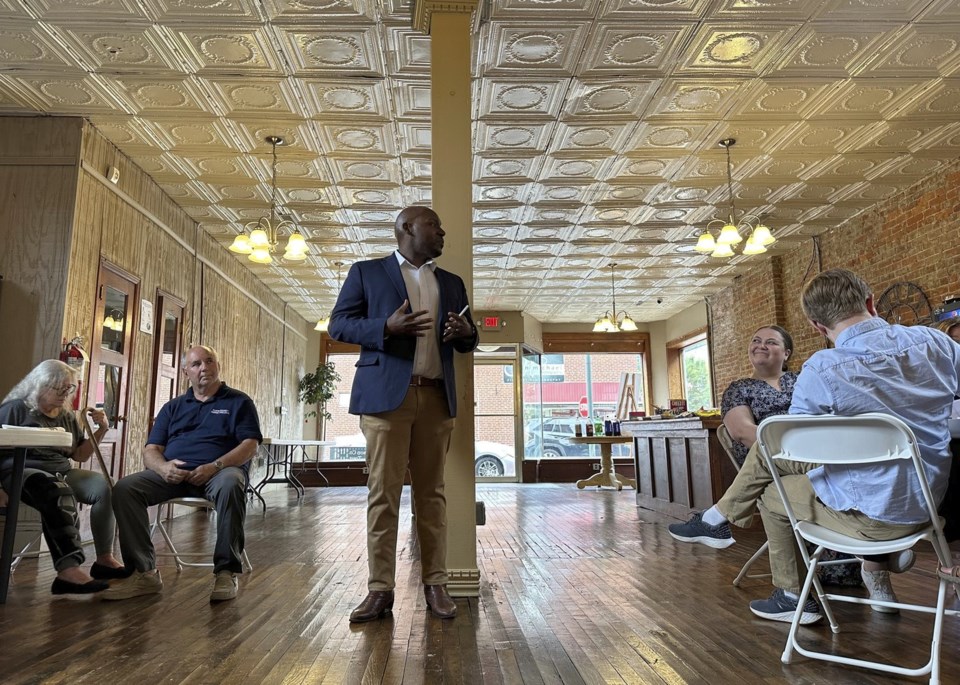In the heart of Appalachia, where rusted coal silos shadow empty storefronts and decades of economic decline weigh heavily on local life, a quiet political shift may be underway. Once a Democratic stronghold, this Appalachian town—like many across rural America—has veered sharply toward the Republican Party in recent years. But now, some Democrats believe this could be exactly where their path back to power begins.
Tucked in the rolling hills of eastern Kentucky, the town of Hazard represents both the challenges and the possibilities for a Democratic resurgence. With a population that has seen job losses, an opioid crisis, and mounting frustration with national politics, local leaders are working to rebuild trust with voters who once proudly identified with the party of Roosevelt and Kennedy.
“There’s still a deep history of Democratic values here—fair wages, support for unions, public education,” said local organizer Mary Beth Collins. “What we’ve lost is connection and presence. We’re here now to change that.”
Democrats in Appalachia are taking a page from their opponents’ playbook: showing up. That means knocking on doors, attending town halls, and listening—not lecturing. They’re focusing on kitchen-table issues like healthcare access, infrastructure improvements, broadband expansion, and job training for a changing economy.
While national Democrats have struggled to resonate in rural areas, a new generation of local candidates is attempting to reframe the conversation, emphasizing shared values over partisan labels. Their pitch? That working families, no matter where they live, deserve real solutions—not soundbites.
One of those voices is Charles Harmon, a school teacher turned city council member who’s gaining traction as a potential statehouse candidate. “We’re not going to flip the whole map overnight,” Harmon admits. “But we can start here, by proving that Democrats are fighting for the people who’ve been forgotten.”
The challenges are steep. Donald Trump’s message of economic populism and cultural conservatism still holds strong appeal here. Many voters express deep skepticism toward what they view as urban-centric, out-of-touch Democratic messaging on issues like gun rights and environmental regulation.
But there are signs of movement. In last year’s local elections, Democrats regained a handful of seats on school boards and city councils across eastern Kentucky and West Virginia—small wins that hint at broader potential.
National party strategists are watching closely. Some are advocating for increased investment in rural outreach, arguing that Democrats can no longer afford to cede entire regions to Republican dominance. Others remain cautious, noting that real change will require long-term commitment and a willingness to rebuild from the ground up.
“This is about building a bench,” said Mariah Scott, a field director for a rural voter engagement nonprofit. “If Democrats want to win in 2026 and beyond, they need to start by winning back trust in places like this.”
The road ahead is uncertain, but for a party looking to bridge America’s urban-rural divide, the journey may well begin in forgotten Appalachian hollers—where political fortunes have long risen and fallen with the tides of coal, class, and culture.
Source : Swifteradio.com


